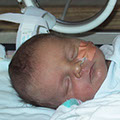 About Margot
About Margot
Born in 2000, Margot went straight into the NICU for a month
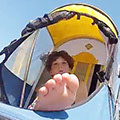 GoPro Hero
GoPro Hero
Everyday, incredible
accomplishments captured on video
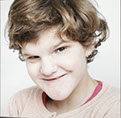 Smile!
Smile!
3 providers, 4 months, 5 appointments, too many phone calls, to fix 1 cavity
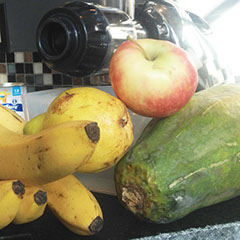 Real food, real meals
Real food, real meals
From drip-feeding a chemical blend to real food. Recipes included!
 No "Can't Do"
No "Can't Do"
A new video challenging assumptions about what Margot can enjoy and do.
 Siege or surrender
Siege or surrender
On a Christmas trip to the tropics, I waved a white flag to our new reality.
 Prisoner of Routine
Prisoner of Routine
Creating functional & fun routines took lots of effort but salvaged our sanity.
 Trail Adventures
Trail Adventures
A blog for the Rails to Trails Conservancy offers tips to help hit the trails.
 Leap of faith: Act I
Leap of faith: Act I
My hopes took a hit, so I needed inspiration to take risks again, like kayaking.
 Leap of faith: Act II
Leap of faith: Act II
Inspired to kayak? From idea to implementation, and a lesson for research.
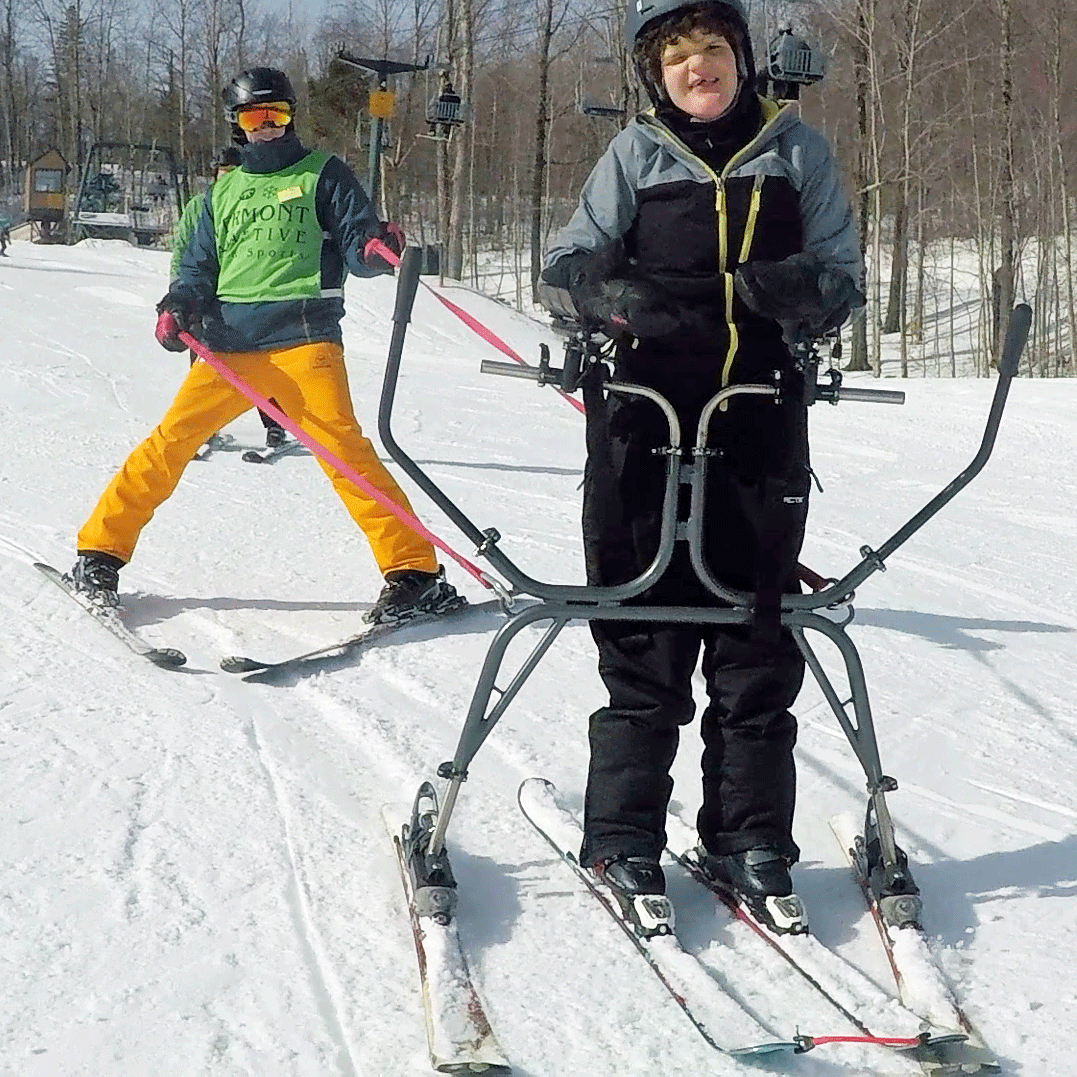 It's all downhill!
It's all downhill!
Can Margot learn to ski? With expert help and sensible teaching, yes!
 Best summer ever!
Best summer ever!
After 18 years, getting summer right for Margot and the whole family!
About Margot
9/23/16; Updated 11/30/16 & 12/15/16
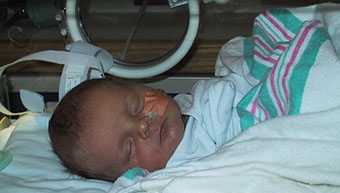 Margot was born in 2000. I rejoiced for about one minute, before the nurse announced that she had a cleft of the soft palate (which I had known to be associated with a number of syndromes). Margot was placed in the neonatal intensive care unit within a couple of hours because of difficulties eating and breathing. From that moment on, she has required specialized and intensive care. A retinal abnormality identified on the 3 day of life rendered her essentially blind in one eye and signaled that she probably had other significant neurological defects.
Margot was born in 2000. I rejoiced for about one minute, before the nurse announced that she had a cleft of the soft palate (which I had known to be associated with a number of syndromes). Margot was placed in the neonatal intensive care unit within a couple of hours because of difficulties eating and breathing. From that moment on, she has required specialized and intensive care. A retinal abnormality identified on the 3 day of life rendered her essentially blind in one eye and signaled that she probably had other significant neurological defects.
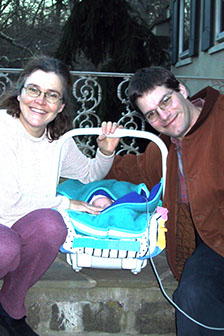 We brought her home after 30 days in the NICU, with a heart monitor, nasogastric (NG) feeding tube, and a feeding pump. She was subsequently diagnosed with mild cerebral palsy and severe developmental disabilities. We later discovered that she had a rare genetic syndrome, although there were some conditions associated with the syndrome which she did not have, and other characteristics which she has but that are not associated with the syndrome. She developed a seizure disorder at 8 months of age, which we have since controlled with medication. She is fed predominantly through a MIC-KEY tube, which was first placed when she was about 15 months of age.
We brought her home after 30 days in the NICU, with a heart monitor, nasogastric (NG) feeding tube, and a feeding pump. She was subsequently diagnosed with mild cerebral palsy and severe developmental disabilities. We later discovered that she had a rare genetic syndrome, although there were some conditions associated with the syndrome which she did not have, and other characteristics which she has but that are not associated with the syndrome. She developed a seizure disorder at 8 months of age, which we have since controlled with medication. She is fed predominantly through a MIC-KEY tube, which was first placed when she was about 15 months of age.
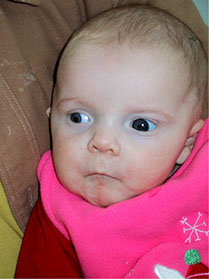 Of course, Margot is not a collection of conditions: she is the daughter I share with my wife Monique. Margot has a brother (Nicholas) who is 6 years older and who is very protective of her. Margot also has a sister (Lili) who is 2 years younger and who loves to make Margot laugh by pretending to sneeze. Margot loves swimming, the outdoors, and being with other people. She is also very close to her nanny, and her grandmother. And Margot has no disability of personality: she is very charming, loves to laugh, and can be very determined. You can see some of this in a video I prepared several years ago for a talent show at Margot's neighborhood elementary school.
Of course, Margot is not a collection of conditions: she is the daughter I share with my wife Monique. Margot has a brother (Nicholas) who is 6 years older and who is very protective of her. Margot also has a sister (Lili) who is 2 years younger and who loves to make Margot laugh by pretending to sneeze. Margot loves swimming, the outdoors, and being with other people. She is also very close to her nanny, and her grandmother. And Margot has no disability of personality: she is very charming, loves to laugh, and can be very determined. You can see some of this in a video I prepared several years ago for a talent show at Margot's neighborhood elementary school.
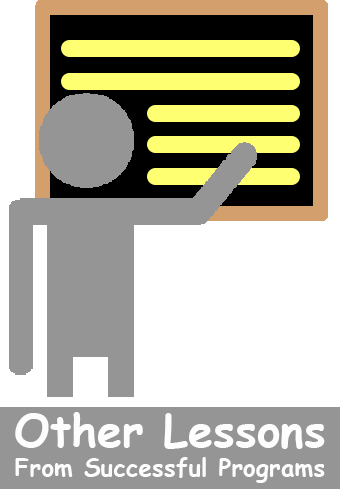 It is hard for parents to speak frankly about the extent of their child's disabilities, and their own concerns. It is even harder for others to listen.
It is hard for parents to speak frankly about the extent of their child's disabilities, and their own concerns. It is even harder for others to listen.
Talking honestly about your child's disabilities like this can be surprisingly difficult. It begins with re-living the sense of foreboding in the first moments of concern. Then it is followed by the descent into hell, the surreal and slow realization that your life will be forever different from this point forward. You like your friends and family too much to give them a real glimpse of this hell, and no on wants to go to hell if they can avoid it, so in the end this descent into hell is a very private journey. You can be pretty sure that other parents like you have taken a similar journey but it is still too personal to share even with them. If you can build a new life with new expectations and priorities and drawing on new resources, you come out of hell, or at least feel like it might not overwhelm you.
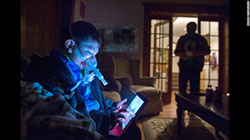 It is difficult to write about such feelings and experiences; better to leave the scar tissue in place. But I know that it is even more difficult to read about this, even for the most sympathetic person; it is like looking at a large, open, and festering sore that the scar should be covering. What is the maximum dose a person can take at one sitting, with one family, or in one story, before turning away? A recent photo-essay by CNN about parents facing enormous challenges with medically complex children tries to moderate the details by offering brief glimpses tempered with a dash of hope.
It is difficult to write about such feelings and experiences; better to leave the scar tissue in place. But I know that it is even more difficult to read about this, even for the most sympathetic person; it is like looking at a large, open, and festering sore that the scar should be covering. What is the maximum dose a person can take at one sitting, with one family, or in one story, before turning away? A recent photo-essay by CNN about parents facing enormous challenges with medically complex children tries to moderate the details by offering brief glimpses tempered with a dash of hope.
After Margot was born, I was much less surprised by the complexity and depth of the emotions I thought I sometimes glimpsed in parents with whom I worked, when we spoke of their child. It helped to explain some of the awkwardness of these encounters. Was there some unfinished business or hidden agenda that was keeping us from completely resolving a question or concern raised regarding their child? I now suspect it had more to do with some of these other feelings.
For a subset of parents, I sometimes sensed something more when we would talk about their concerns - a kind of bitterness, even a kind of darkness. I now think I had probably glimpsed their own hell, had perhaps glanced at their their own festering sores. And so I felt uncomfortable but did not know why. I would want to avoid talking too much about these concerns, and so could appear to be dismissing them. I began to drift away - or even become disconnected - from these parents, who probably perceived me as unsympathetic. So the safest route was to avoid interacting with these parents at all, and just blame them when when the discussion itself risked becoming dark and bitter.
As Margot's father, these kinds of encounters are just as awkward for me when I work with professionals on her team, but for different reasons. Of course, these kinds of feelings can easily complicate discussions about Margot if I am not careful. They can make it difficult to move past a point of disagreement, or just throw everything briefly into chaos. And frankly, when I sense these feelings during a meeting or discussion, I am embarrassed - actually, I am bare-assed, like I showed up at a meeting pants-less. But my training as a therapist has also taught me that bringing these feelings into the open diminishes their power and potential to influence my thoughts, behaviors, and interactions with others. So there you go!
Perhaps this detour is unnecessary. It would be simpler to offer a rather bland disclaimer, that sometimes parents and professionals have difficulty communicating effectively. Nonetheless, the challenges of clear and honest communication remain. If others are to relate your experience to someone they know, you have to describe your child's condition and struggles clearly. So how do you list your child's diagnoses without appearing to de-humanize them? How do you convey some of these darker times without the spectre of self-pity, or rejoice in success without the perception of self-promotion? How do you describe the frustration trying to get the care they need without drifting into the kind of bitterness that might cause reader to stop reading, or lead a listener to stop listening, or prompt a professional to categorize you as just another difficult parent ? I do not yet know how to walk that tightrope; how to provide the details needed to close implementation gaps, convey the toll on the family and not risk alienating a reader. But I can easily imagine that there are many parents like me with a fear of falling from that tightrope, and so who may never even bother to try.
CNN: Super-Parents
 About Margot
About Margot
Born in 2000, Margot went straight into the NICU for a month
 GoPro Hero
GoPro Hero
Everyday, incredible
accomplishments captured on video
 Smile!
Smile!
3 providers, 4 months, 5 appointments, too many phone calls, to fix 1 cavity
 Real food, real meals
Real food, real meals
From drip-feeding a chemical blend to real food. Recipes included!
 No "Can't Do"
No "Can't Do"
A new video challenging assumptions about what Margot can enjoy and do.
 Siege or surrender
Siege or surrender
On a Christmas trip to the tropics, I waved a white flag to our new reality.
 Prisoner of Routine
Prisoner of Routine
Creating functional & fun routines took lots of effort but salvaged our sanity.
 Trail Adventures
Trail Adventures
A blog for the Rails to Trails Conservancy offers tips to help hit the trails.
 Leap of faith: Act I
Leap of faith: Act I
My hopes took a hit, so I needed inspiration to take risks again, like kayaking.
 Leap of faith: Act II
Leap of faith: Act II
Inspired to kayak? From idea to implementation, and a lesson for research.
 It's all downhill!
It's all downhill!
Can Margot learn to ski? With expert help and sensible teaching, yes!
 Best summer ever!
Best summer ever!
After 18 years, getting summer right for Margot and the whole family!